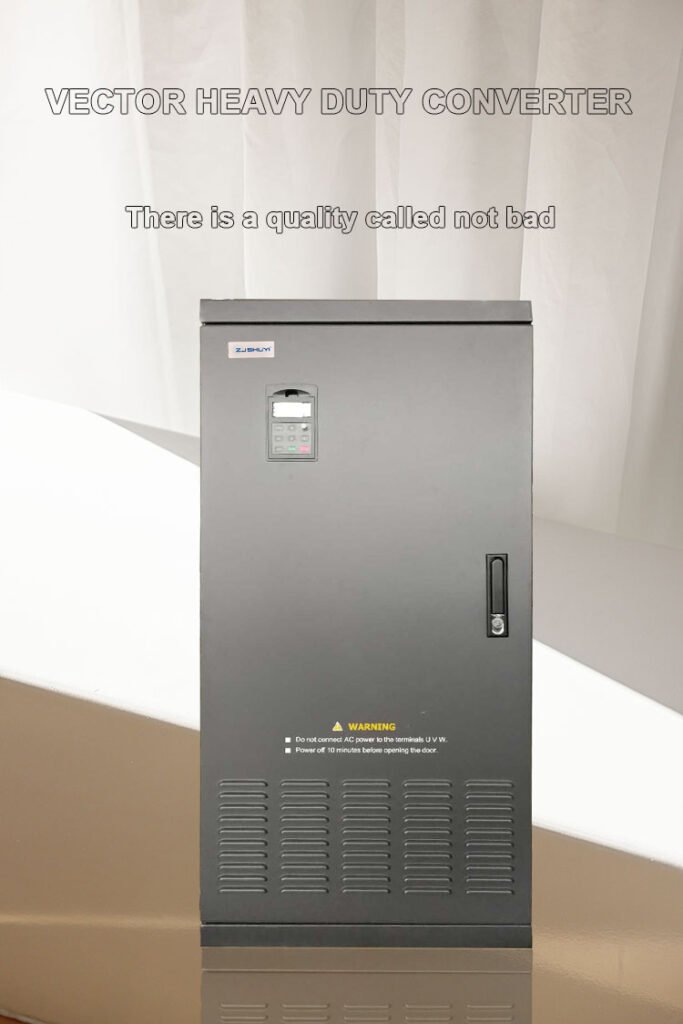When it comes to controlling the speed and output power of electric motors, a frequency converter is an indispensable piece of electrical equipment. Widely used in industries like machinery manufacturing, petrochemicals, and construction, selecting the right frequency converter is crucial for ensuring smooth operation and enhancing productivity. Here are the essential factors to consider when making your choice.
- Power Requirements
Start by determining the power needs of your electric motor. The converter’s rated power should exceed the motor’s rated power to ensure reliable operation and overload capabilities.
- Control Methods
Choose a control method that suits your application. Options include V/F control, vector control, and direct torque control. V/F is suitable for general loads, while vector and direct torque controls are ideal for precise torque and response requirements.
- Frequency Range
Ensure the converter’s output frequency range covers your motor’s operating frequencies. Consider the frequency resolution and stability for optimal performance.
- Control Accuracy
For precision applications like CNC machines, opt for converters with high control accuracy. This ensures stable and accurate motor speed control.
- Communication Interfaces
Select a converter with the necessary communication interfaces for data exchange and remote monitoring. Options like RS485, Modbus, and Profibus allow seamless integration with your systems.
- Reliability and Maintainability
Choose a converter with excellent reliability, including strong anti-interference, overload capabilities, and fault self-diagnosis. Maintainability is also essential, with easy fault diagnosis and repair.
- Cost Considerations
Balance cost with performance, quality, and after-sales service. Select a converter that offers value for money and meets your long-term needs.
In conclusion, selecting a suitable frequency converter involves considering various factors. By understanding your motor’s requirements and choosing a converter that matches your needs, you can ensure optimal performance and increased efficiency in your industrial or domestic applications.


